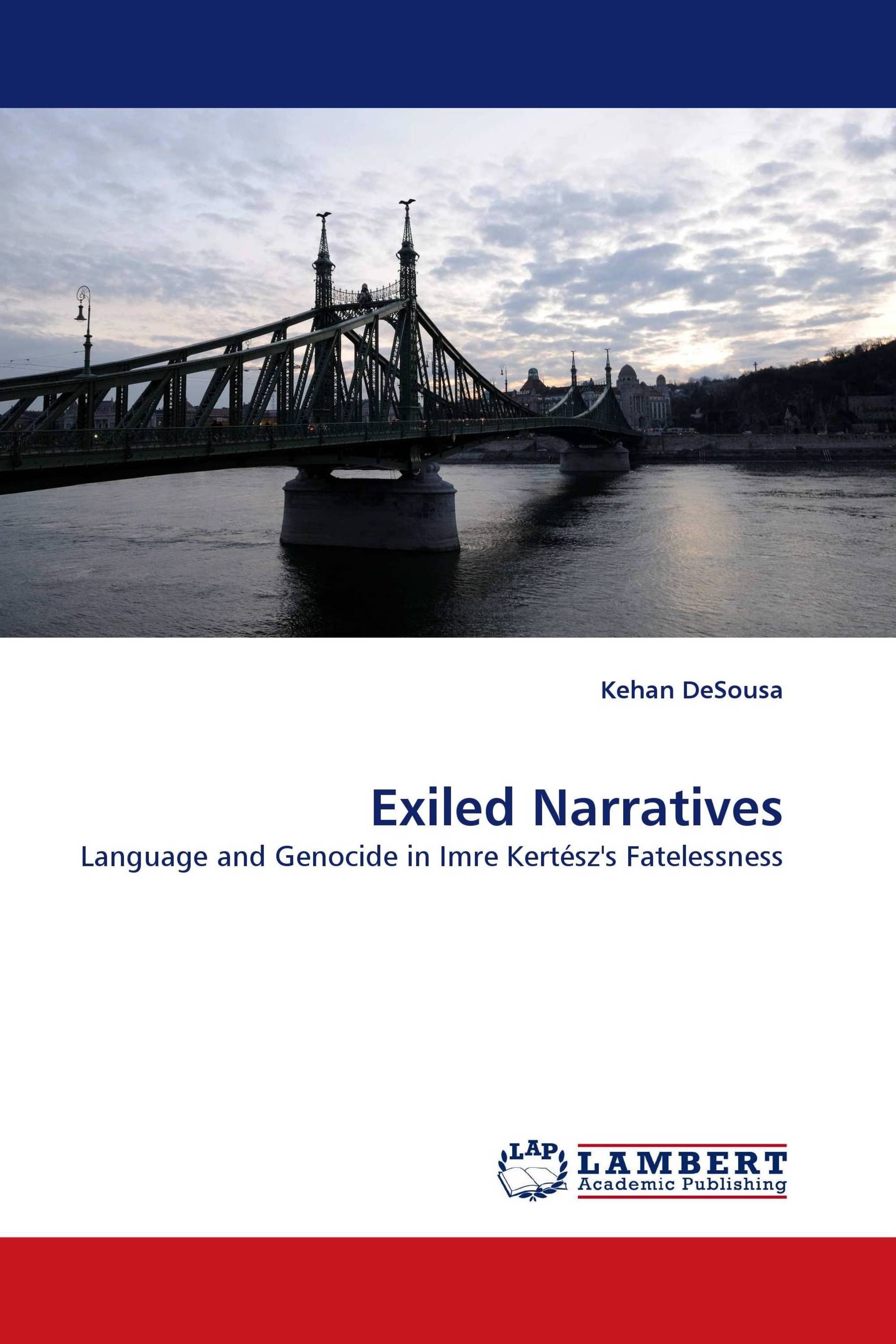Exiled Narratives
Language and Genocide in Imre Kertész's Fatelessness
LAP Lambert Academic Publishing ( 2010-12-29 )
€ 49,00
Western culture has for years privileged only the highly visible, commodified narratives of the Holocaust, sacrificing a crucial lens for gazing at the Holocaust's buried narratives. This essay examines the function of language in one such narrative, Imre Kertesz's Fatelessness, the story of a young Hungarian's experiences in concentration camps. Here, language is the tool for fate's imposition—the imposition of an identity and a future upon an individual that does not cohere with his experience. Since language provides the mechanism for the unwinding of a hostile fate, language becomes an inadequate vehicle of communication—but one with no alternative. Declaring language utterly incapable or, conversely, without fault, is an oversimplification of language's more subtle intersection with society.Contextualizing these ideas, this essay focuses on the concept of the buried narrative, and the importance of buried narratives in light of the Holocaust's importance in shaping the normative standard for genocide. This study sheds new light on the use of language during the Holocaust for historians, literature scholars, and students of the Holocaust.
Book Details: |
|
|
ISBN-13: |
978-3-8433-7507-8 |
|
ISBN-10: |
3843375070 |
|
EAN: |
9783843375078 |
|
Book language: |
English |
|
By (author) : |
Kehan DeSousa |
|
Number of pages: |
64 |
|
Published on: |
2010-12-29 |
|
Category: |
Language and literature science |




